German researchers have found a novel way to induce iron-induced necrosis, a process which they want to turn against cancer.
ADVERTISEMENT
EMA’s human medicines committee (CHMP) recommended seven medicines for approval at its October 2019 meeting.
A molecular transporter is critical for the proper maturation of neurons underlying neurodevelopmental disorders.
AI-driven drug repurposing company Healx Ltd (Cambridge, UK) raises US$56m in a Series B financing and launches global accelerator programme for orphan diseases.
The Netherlands Cancer Institute (NKI) has joined 4SC AG as a partner in conducting a multicentre study of dominatostat/checkpoint blocker combos in treatment-naive melanoma patients.
British start-up company Mogrify Ltd (Cambridge, UK) has added US$16m from a Series A round to its US$3.7m seed financing in February 2019. Existing investor Ahren Innovation Capital led the round, with Parkwalk, 24Haymarket, and the University of Bristol Enterprise Fund III participating.
A new test based on tumour organoids can predict how patients with advanced colorectal cancer respond to chemotherapy treatment.
ADC Therapeutics SA has entered a R&D pact with Affimer developer Avacta Group plc aimed at creating and licencing Affimer drug conjugates.
Licencing bluebird bio’s Inc know-how and technology in one-time gene therapies, Novo Nordisk A/S tries to get a foothold in the emerging haemophilia A gene therapy market.
Evotec SE has expanded its drug discovery customer base with US women’s health specialist Celmatix Inc.


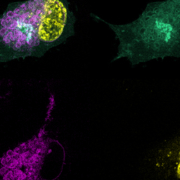
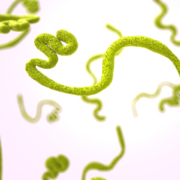
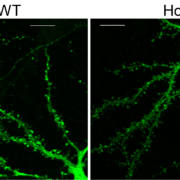

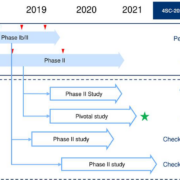
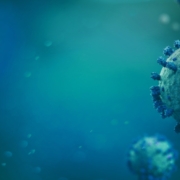
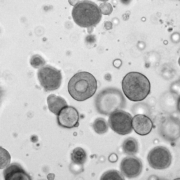
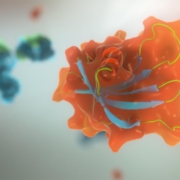
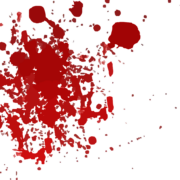
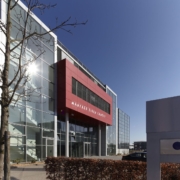 Evotec SE
Evotec SE